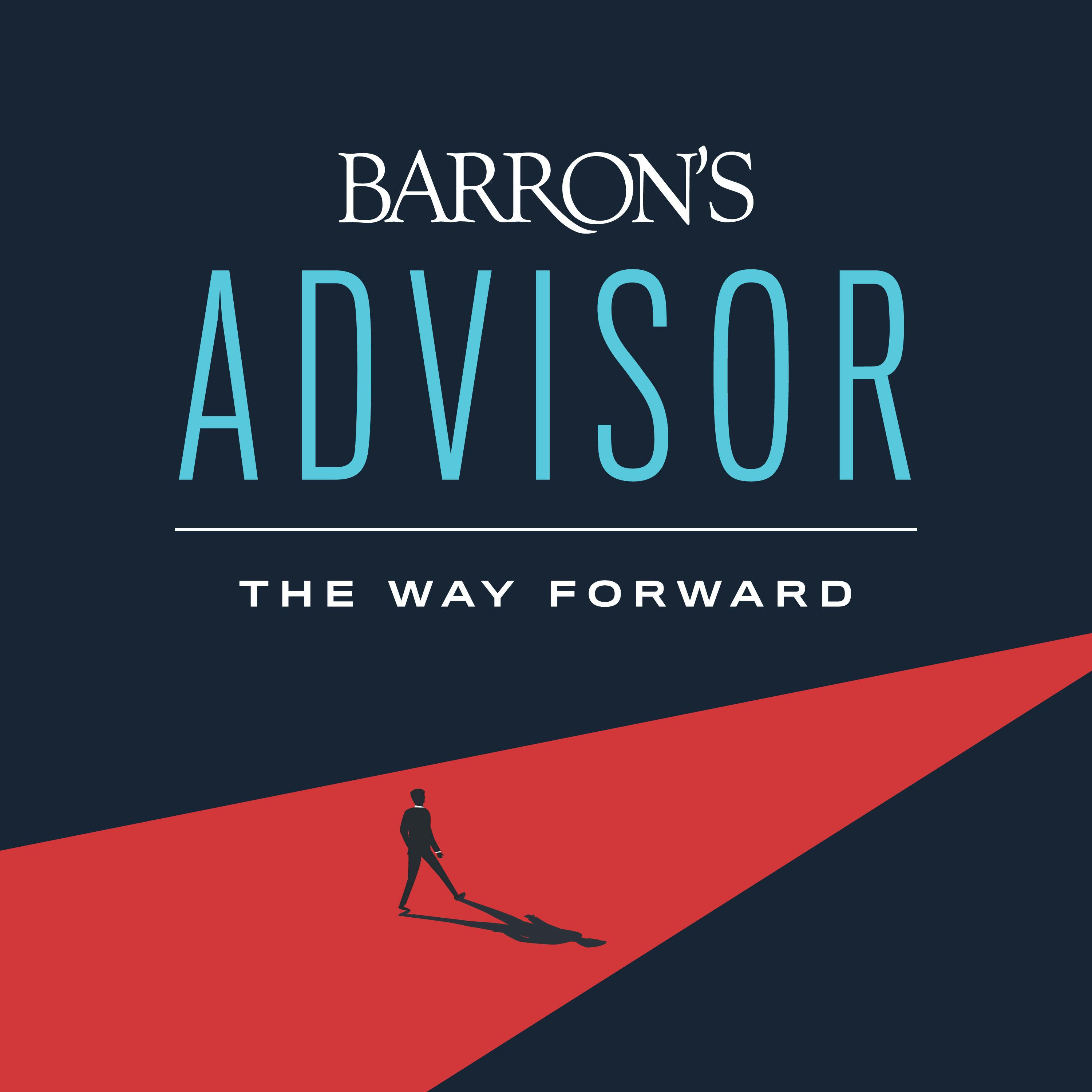
Melinda Bremley: How to Assess and Hire Top Talent for Your RIA

Barron's Advisor
Deep Dive
What are the key traits that differentiate top leaders from others?
Top leaders exhibit change agility, critical thinking ability, and emotional intelligence. Change agility involves flexibility and staying focused during uncertainty. Critical thinking allows leaders to use logic and reasoning to anticipate future challenges. Emotional intelligence helps leaders understand and manage both people and business elements effectively.
Why is emotional intelligence important for leaders?
Emotional intelligence (EQ) is crucial for leaders because it helps them understand and manage the people part of the equation, which is essential for success. Leaders with high EQ are thoughtful about both team dynamics and business objectives, making them more effective in their roles. EQ can also be developed through coaching and practice.
How can leaders improve their emotional intelligence?
Leaders can improve their emotional intelligence by paying attention to team signals, understanding individual differences, and practicing disciplined communication. Coaching and behavioral strategies can help leaders become more aware of how their actions impact others and how to adapt their leadership style to better engage their team.
What is the best approach to delivering constructive feedback during performance reviews?
Effective performance reviews involve preparation, starting with the employee's self-assessment, and framing feedback as a conversation rather than a monologue. Leaders should ask open-ended questions, provide specific examples, and focus on actionable steps for improvement. This approach helps the recipient feel more engaged and less defensive.
How can organizations assess leadership potential during the hiring process?
Organizations should use a multi-pronged approach, including defining role-specific characteristics, behavioral interviews, and psychological assessments. Assessments measure cognitive abilities, personality traits, and leadership potential, providing an objective perspective that complements interviews and resumes. This holistic approach increases the likelihood of hiring successful performers.
What role does cultural fit play in hiring decisions?
Cultural fit is important but should be balanced with the need for cultural complementation. While it’s essential to hire individuals who align with the organization’s values, leaders should also consider bringing in people who can introduce new perspectives or skills that the culture lacks. This strategic approach helps the organization evolve and adapt over time.
How should leaders balance ego and collaboration in leadership roles?
Leaders need a healthy ego to take on responsibility and drive success, but it must be tempered with a focus on team collaboration and organizational goals. Overemphasis on personal achievement can derail leaders, while those who balance confidence with partnership tend to be more effective and respected.
What are the challenges of evaluating team performance in virtual work environments?
Evaluating virtual team performance requires clear definitions of success, frequent communication, and measurable outcomes. Leaders should establish performance criteria early, involve the team in setting goals, and ensure that assessments are objective and consistent. This approach reduces ambiguity and helps track progress effectively.
- Change agility is crucial for top leaders.
- Critical thinking is essential for decision-making, especially in situations without clear playbooks.
- These traits are difficult to self-improve; they are inherent capabilities.
Shownotes Transcript
The Chapman & Co. Leadership Institute partner demystifies the keys to assessing and developing effective leaders at all levels of your organization. Host: Steve Sanduski, CFP.